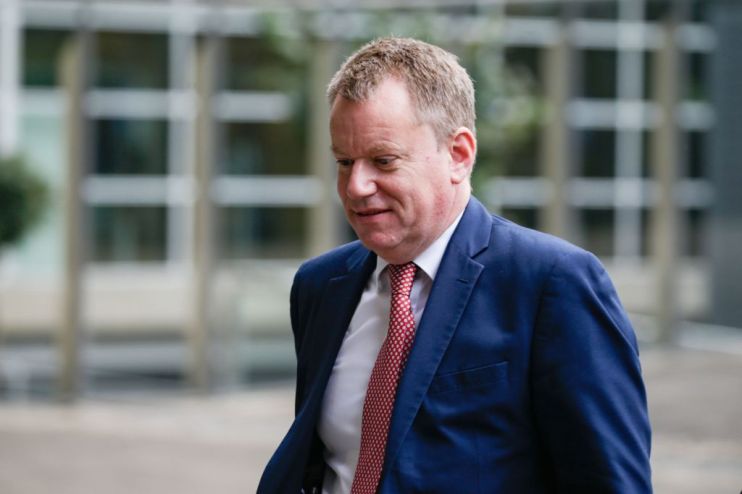Brexit trade talks: Six key takeaways from the UK’s negotiating mandate

The UK government published its negotiating mandate for Brexit trade talks today, setting out what Boris Johnson’s chief sherpa David Frost will be seeking when talks kick off next week.
But what are the key takeaways from that document? Here’s six of the most important points.
1. No UK-EU alignment
This should be no surprise to anyone who has been paying attention because it’s been pretty consistent since Boris Johnson became PM last July.
But for those in doubt, today’s mandate makes it clear – there will be no alignment after the Brexit transition period, and the European Court of Justice will have no oversight of UK laws.
This is the starting point, which is emphasised repeatedly, that the two are coming to the talks on the basis of “sovereign equals”.
2. No level playing field after Brexit
The same applies here, with the mandate for Brexit trade talks pointing out in many areas – such as subsidies and competition – that the UK will have control over its own movements.
On labour, it says there should be “reciprocal commitments not to weaken or reduce” protections to encourage trade. That means no undercutting, in other words. But pointing to the precedent of the Canada deal, the mandate adds that both sides will have control over their own laws.
3. No fireworks in financial services wrangle
It’s fair to say the City does not take centre stage in the mandate, and is certainly the ugly sister to fishing.
But despite the EU’s consistent position – that a equivalence deal will be based on unilaterally-granted access, which can be withdrawn at a month’s notice – there is no suggestion that a deal can’t be struck.
Officials have stressed they don’t expect “fireworks”. Both sides have previously committed to a deadline of June for a scoping exercise to assess the equivalence approach. Today Cabinet Office minister Michael Gove said he was still confident that would happen.
4. Brexit trade talks: WTO decision in June
The “high level” meeting in June will be a chance for both sides to stock take. The mandate makes it clear that there will be no extension to the Brexit transition period. So if there is no sign of progress that a deal could be agreed by September, the UK will effectively walk away.
It will then start preparing for the UK to trade on World Trade Organization (WTO) terms – with all the associated infrastructure and disruption that brings.
Trading on WTO terms could lead to 10 per cent taxes on car shipments that cross the UK-EU border. And agricultural tariffs would rise significantly, with a reported 35 per cent tariff for dairy products.
5. Fishing is integral in Brexit trade talks
The government has been clear that the UK will become an “independent coastal state” from 31 December. That means control over the UK’s waters should be restored regardless of where the Brexit trade talks end.
But the government is seeking a Norway-style deal on fishing. The mandate says: “The UK will no longer accept the ‘relative stability’ mechanism for sharing fishing quotas, which is outdated, based on historical fishing activity from the 1970s.
“This means that future fishing opportunities should be based on the principle of zonal attachment, which better reflects where the fish live, and is the basis for the EU’s fisheries agreement with Norway.”
6. Businesses will get their say
Although relations between government and business are not at their high point, the UK is opening up the process to consultation as early as next week. That means businesses will get a voice on the impact of the UK’s Brexit trade talks stance.
The thinking is that there was some disagreement over the models used for previous impact assessments, and disagreement on the outcome, so this might help to find a consensus.